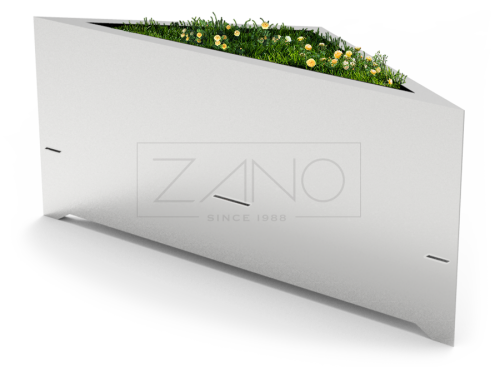
Planters
modular
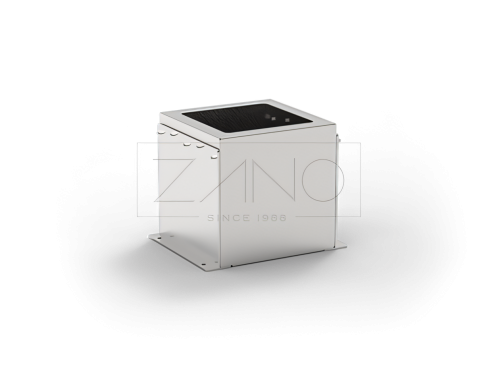
Domino Planter
06.440
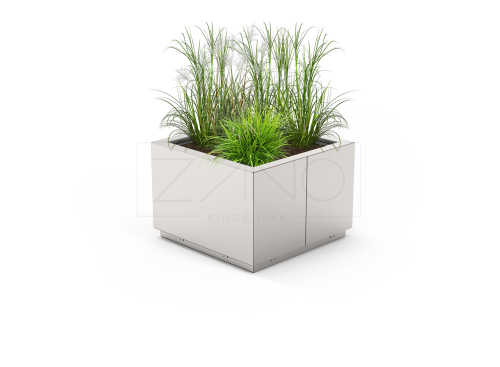
Quadro planter
06.076.S
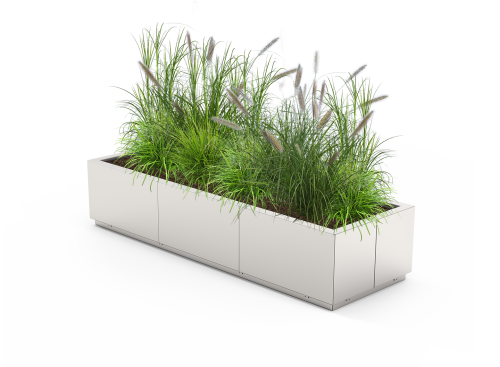
Quadro planter
06.076.L
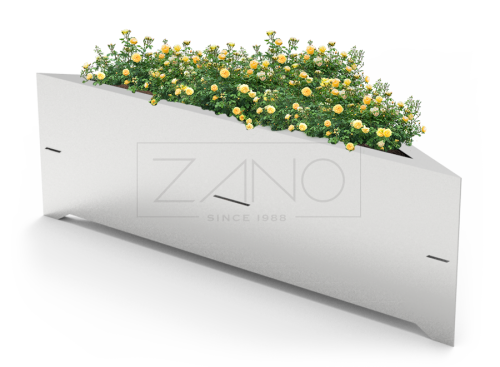
Origami Planter
06.460.2
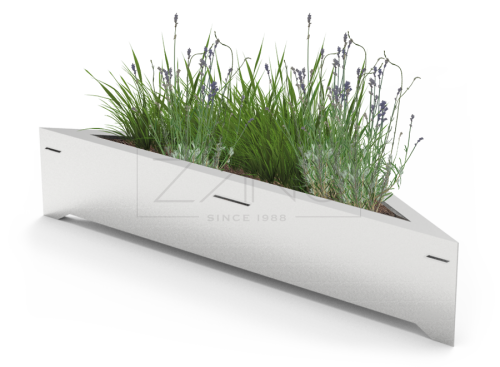
Origami Planter
06.460.1
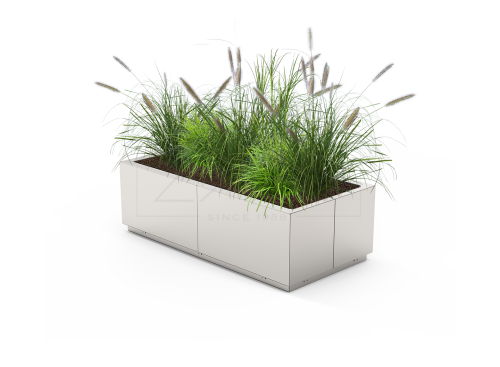
Quadro planter
06.076.M
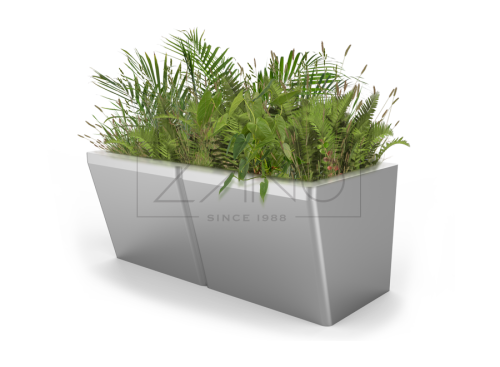
Scandik Planter
06.046.M
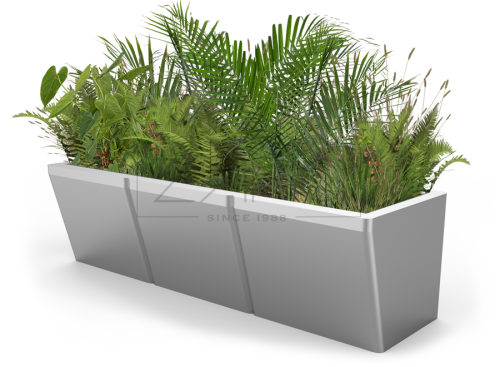
Scandik Planter
06.046.L
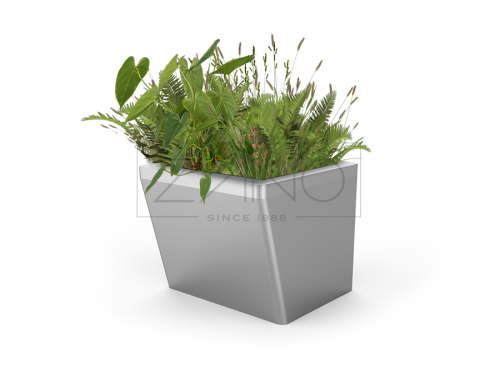
Scandik Planter
06.046.S
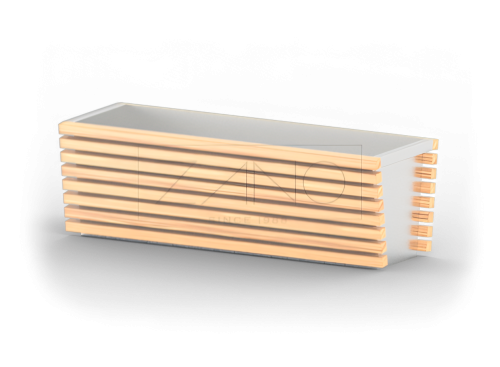
Flash Planter
06.025.L
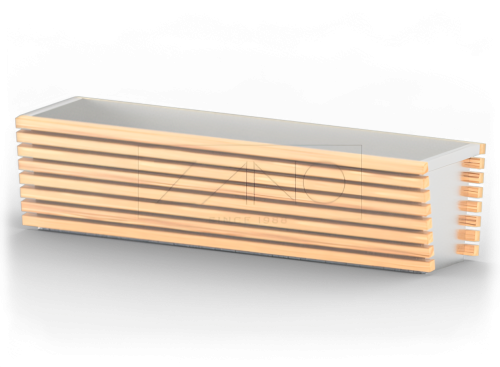
Flash Planter
06.025.XL
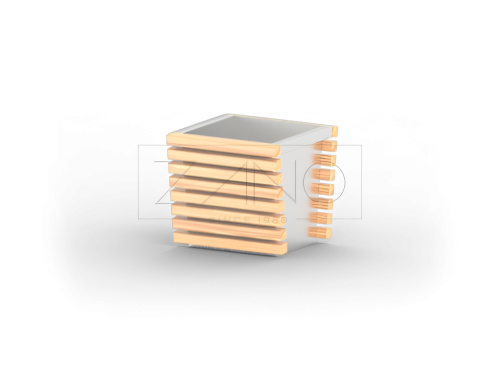
Flash Planter
06.025.S
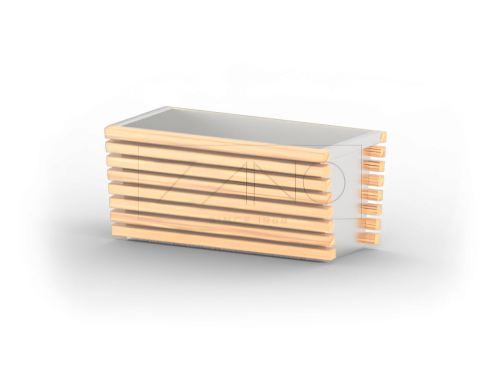
Flash Planter
06.025.M
The Modular Planters category from ZANO company embodies practical elegance and is tailored to integrate harmoniously with a variety of urban landscapes, public spaces, residential areas, and business environments. These products exemplify a meticulous design process focused on functionality, durability, and aesthetic appeal. Crafted from high-quality materials, ZANO’s modular planters provide an ideal solution for greening spaces while also serving functional spatial delineation.
Each piece in the modular planters portfolio is designed to offer flexibility and adaptability, allowing for numerous configurations to fit specific landscaping needs. Whether the requirement is to line a walkway with lush greenery, create a natural divider within open spaces, or add a touch of nature to stark urban settings, these planters are up to the task. Due to their modular nature, they can be arranged in various formations, creating seamless and cohesive green areas that can be as expansive or as discrete as desired.
Constructed from robust materials such as corten steel, galvanized steel, and high-grade timber, these planters are built to withstand the elements in outdoor settings. The choice of materials not only ensures longevity but also enhances the planters' visual appeal. Corten steel develops a characteristic rich, rust-like appearance that blends naturally with outdoor environments, while galvanized steel provides a sleek, modern look and timber offers a warm, classic finish.
ZANO’s modular planters are designed with both esthetics and functionality in mind. They come equipped with self-watering systems and drainage solutions that ensure low maintenance and sustainable plant growth. This makes them an excellent choice for busy public areas as well as private spaces, reducing the need for regular gardening services and conserving water. The innovative designs promote healthy root growth and optimum plant health, which contributes to the overall attractiveness and environmental benefits of the installation.
In essence, ZANO’s modular planters are more than just receptacles for plants; they are dynamic elements of urban design that offer versatile functionality and striking aesthetics. They are ideal for city planners, architects, and property managers looking to enhance the environmental and visual quality of their spaces. This category of street furniture is a testament to the power of well-designed, sustainable urban solutions in fostering greener, more vibrant communities.